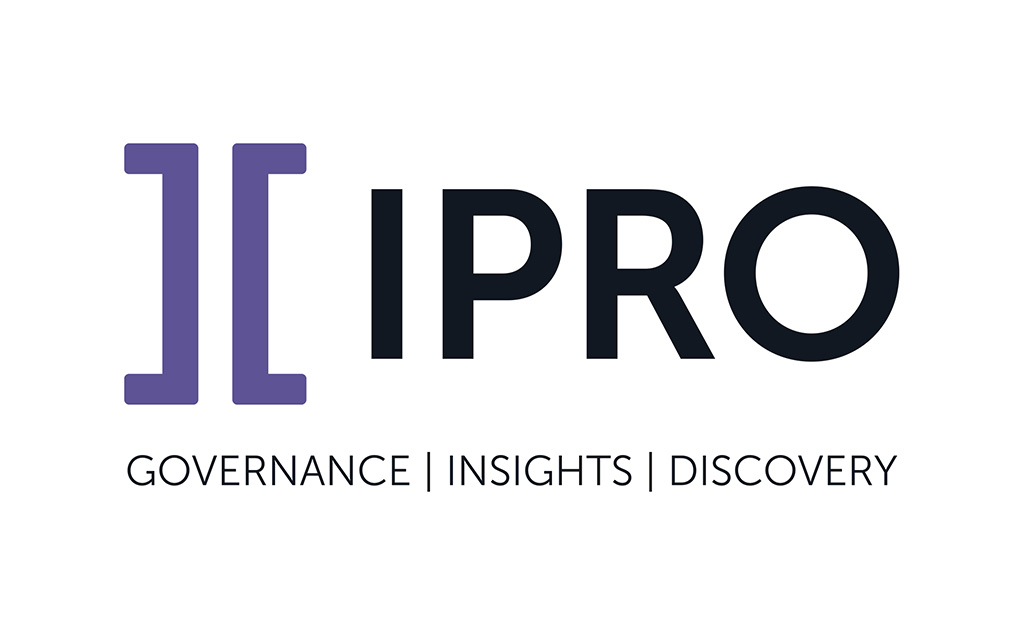
The move towards cloud-based office suite technologies has only accelerated since the pandemic with so many workforces working remotely. As part of that, Microsoft 365 is now used by over a million companies worldwide, with over 650,000 companies using it in the United States alone.
So, even though more legal teams use Google’s G Suite in the cloud for your office suite needs, many of them are using M365. That said, should you use it as your eDiscovery solution as well? Here are three factors to consider, before making a decision.
How to use Office 365 eDiscovery?
Not all Microsoft 365 subscriptions provide access to eDiscovery licenses and there are two versions of eDiscovery modules for M365: Core eDiscovery and Advanced eDiscovery. Accessing Core eDiscovery requires at least Microsoft 365 E3 or Office 365 E3 subscription-level access.
With either, a user can be assigned the E3 license, which supports placing eDiscovery holds on mailboxes and sites. Access to Advanced eDiscovery requires either the E5 Compliance Management add-on to E3, Microsoft 365 E5 or Office 365 E5 subscription-level access.
What’s the difference between the two? As the name implies, Core eDiscovery provides basic features like mailbox, site and SharePoint holds, content search to run search queries, ability to export results and duplicate detection. Advanced eDiscovery provides several additional features like custodian specification, review sets, tracking of performed jobs, email threading, near duplicate detection and optical character recognition (OCR), which is needed in pretty much every case.
Unless your discovery needs are extremely basic, you’ll need Advanced eDiscovery to manage your discovery workflow. The cost for E5 licenses is almost twice as much as the cost for E3 licenses, so keep that in mind.
Repositories and File Types Supported
Here is one of the biggest questions you should ask yourself when considering any eDiscovery solution, whether it’s Office365 or any other eDiscovery solution: where is my potentially responsive data? If all or most of it is in M365, great; if not, those are sources of data that won’t be accounted for in Office365’s eDiscovery modules.
Do you have on premise data that needs to be discovered? Legacy data? Mobile device data? Data from social media platforms? Do you use something other than Teams for collaboration?
Many companies use multiple collaboration app platforms. If so, none of those sources will be addressed in Office365 eDiscovery.
And the number of file types supported is important as well. Per Microsoft documentation, Advanced eDiscovery supports (according to my count) 63 file types. Does that seem like a lot? It’s not.
Take IPRO OPEN DISCOVERY, for example – it supports over 500(!) file types. There are many types of files that you might encounter in a typical discovery project – a lot more than you might think.
Unless your sources of data and file types are significantly limited, you’ll still need an eDiscovery solution to address the ones that Office365 doesn’t have.
Office 365 eDiscovery: Search Considerations
Certainly, you need robust search capabilities in your eDiscovery solution, right? Here are four limitations with Advanced eDiscovery:
- Content search preview is limited: If you want to review your search results to evaluate the effectiveness of your search, you’re limited to a view of 100 to 1,000 items to do so per mailbox, which means that the most important items may not appear if they’re well down the list.
- Limit to 50 key words per search: You think 50 key words is plenty? You haven’t worked with some of the attorneys I’ve worked with. Also, you don’t get a unique hit count per term to identify the terms that are driving up the size of the result set.
- Limited wildcard capabilities: Advanced eDiscovery only supports prefix wildcard searches and the prefix must include at least 3 characters. Suffix, infix and substring wildcard searches are not supported.
- Searches are slow and/or tedious: Complex searches tend to be slow in Office365 eDiscovery modules and you often have to search multiple locations or mailboxes independently, which is tedious and time consuming.
Those are just a few of the search limitations to be aware of when considering Office365 eDiscovery.
Conclusion
There are plenty of other considerations when looking into selecting Office365 as your eDiscovery solution. It’s important to do the research and address the tough questions you need to make an informed decision. To get advice on what eDiscovery solution will meet your legal team’s needs, contact our team or schedule a demonstration today.



